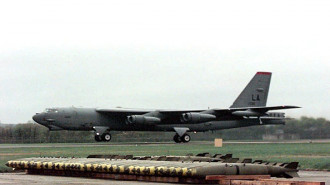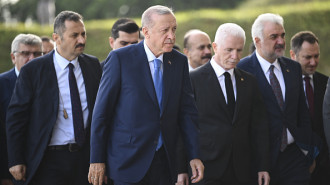Iran imposes fuel embargo on Iraqi-Kurdistan
Iran imposes fuel embargo on Iraqi-Kurdistan
Iran has turned up the pressure on Iraqi-Kurdistan following its independence referendum but announcing a blockade on its most valued natural resource.
2 min read
Iran has also cancelled flights and readied missiles in response to the Kurdish referendum [AFP]
Iran has embargoed all trade of fuel products with Iraqi-Kurdistan in response to the autonomous region's controversial independence referendum, Iranian media reported on Saturday.
According to a state broadcaster cited by AFP, all transport companies and drivers were ordered to stop carrying fuel products between Iran and Iraqi Kurdistan "until further notice", a state broadcaster cited a transport ministry directive as saying.
Drivers were warned that they would face "consequences" if they do not comply with the embargo.
Iran, along with regional partners Iraq and Turkey, rejected the recent referendum on Iraqi-Kurdish independence and has vowed to oppose seperation.
Prior to the fuel embargo, Tehran had already suspended flights between Iraqi Kurdistan and Iran and readied missile systems along the Iran-Iraq border.
Baghdad increased pressure on Erbil on Friday by blocking all flights to and from Iraqi Kurdistan.
This followed the refusal of Kurdish authorities to hand over control of the northern Iraqi region's airports to the country's federeal government.
Despite the Iraqi-Kurdish independence referendum producing an overwhelming victory of over 90 percent of votes for independence, key world powers and regional players have maintained that they will not recognise the ballot.
These countries include Iraq, Iran, Turkey and the United States.
On Monday, French President Emmanuel Macron offered Baghdad to help "ease tensions" with the Kurdistan Regional Government that governs parts of northern Iraq.
According to a state broadcaster cited by AFP, all transport companies and drivers were ordered to stop carrying fuel products between Iran and Iraqi Kurdistan "until further notice", a state broadcaster cited a transport ministry directive as saying.
Drivers were warned that they would face "consequences" if they do not comply with the embargo.
Iran, along with regional partners Iraq and Turkey, rejected the recent referendum on Iraqi-Kurdish independence and has vowed to oppose seperation.
Prior to the fuel embargo, Tehran had already suspended flights between Iraqi Kurdistan and Iran and readied missile systems along the Iran-Iraq border.
Baghdad increased pressure on Erbil on Friday by blocking all flights to and from Iraqi Kurdistan.
This followed the refusal of Kurdish authorities to hand over control of the northern Iraqi region's airports to the country's federeal government.
Despite the Iraqi-Kurdish independence referendum producing an overwhelming victory of over 90 percent of votes for independence, key world powers and regional players have maintained that they will not recognise the ballot.
These countries include Iraq, Iran, Turkey and the United States.
On Monday, French President Emmanuel Macron offered Baghdad to help "ease tensions" with the Kurdistan Regional Government that governs parts of northern Iraq.
"All escalation should be avoided," Macron said in a statement released after a telephone call with Iraqi Prime Minister Haider al-Abadi.
The French president "stressed the importance of preserving unity and Iraqi integrity while recognising the rights of the Kurdish people", while also emphasising that the country should focus on stability while battling the Islamic State group.

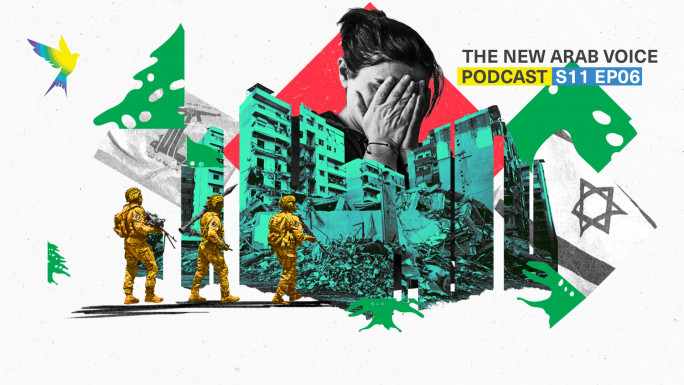
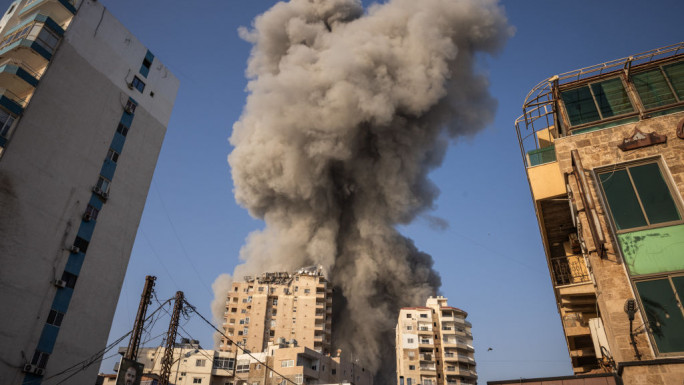
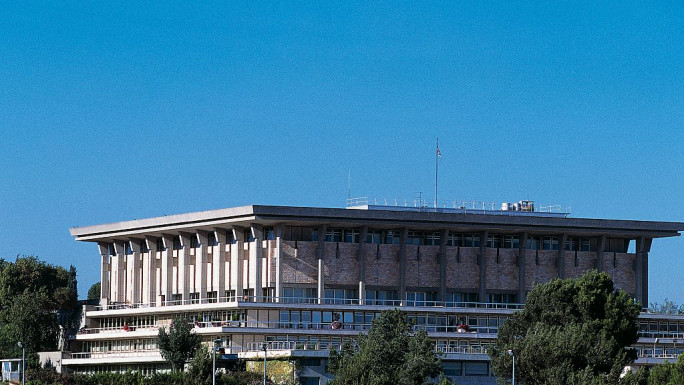
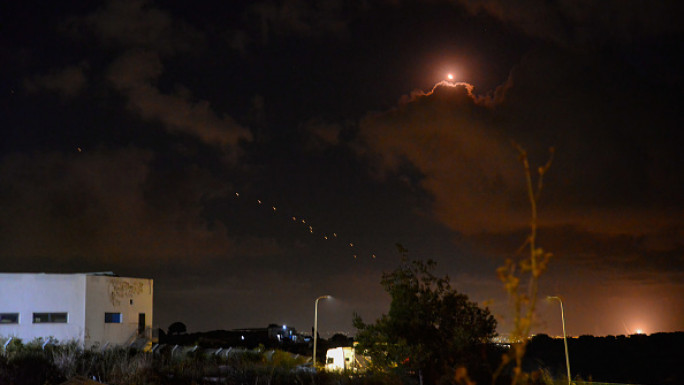
 Follow the Middle East's top stories in English at The New Arab on Google News
Follow the Middle East's top stories in English at The New Arab on Google News
![BBC HQ [Getty]](/sites/default/files/styles/image_330x185/public/1723203168.jpeg?h=a5f2f23a&itok=gTYZ1MjY)
